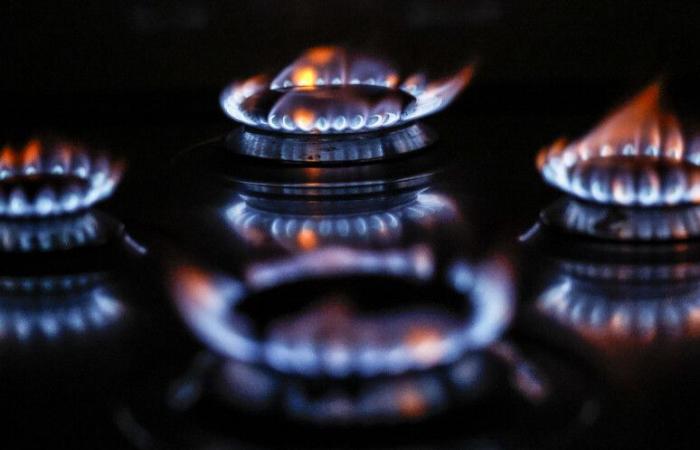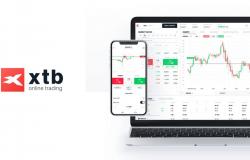The latest communication from the Regulatory Authority for Energy, Networks and the Environment (Arera) does not go unnoticed, as it announced a significant increase of 3.8% in the price of the gas raw material for the month of June 2024. This increase, specifically aimed at customers of the vulnerability protection service, signals a continuous evolution of the energy market that needs to be carefully scrutinized.
The price of the raw material gas, a constant under observation, has jumped to 36.11 euros per MWh. This data crowns a series of economic variables that weigh on the final cost borne by consumers, particularly sensitive, who are part of the new protection structure. Defined as vulnerable customers, this group includes those with low incomes or in difficult socio-economic conditions, who are supported by the state to meet the most basic energy needs.
Starting from January 2024, Arera has replaced the normal gas protection service with the vulnerability protection service, focusing solely on domestic customers in fragile conditions. This transition was not just a mere nominal change, but also involved an adaptation in the criteria for updating and publishing prices, maintaining the calculation methodology based on a monthly average of supply costs on the Italian wholesale market.
The pricing policy therefore adapts month by month in response to market fluctuations, a practice that, while on the one hand guarantees a certain adherence to the reality of costs, on the other risks exposing the most vulnerable consumers to volatility that can further erode their ability to manage necessary household expenses. For the month of June, the fixed reference price confirms an increase of 3.8%, equivalent to 107.55 cents per cubic meter of gas consumed.
This rising trend is a wake-up call on multiple fronts: it suggests the possibility of further economic stress for vulnerable consumers and raises questions about the effectiveness of policies to protect these marginalized groups. It also reflects a global scenario in which energy prices continue to be highly sensitive to complex international dynamics, such as political instability, market dynamics and strategic decisions by energy exporting countries.
The debate is therefore open: how to balance the need to maintain affordable prices for vulnerable consumers with the reality of a globalized and constantly changing energy market? The answer to this question is not simple and requires an ongoing dialogue between the various stakeholders involved – governments, tourism authorities, energy suppliers and consumer representatives.
In conclusion, while Arera continues in its role of regulating and updating gas costs, a deep reflection on the social impact of these decisions and on the most effective strategies to protect those at the most vulnerable end of the economic spectrum remains vital. The challenge is not only economic, but profoundly human.





